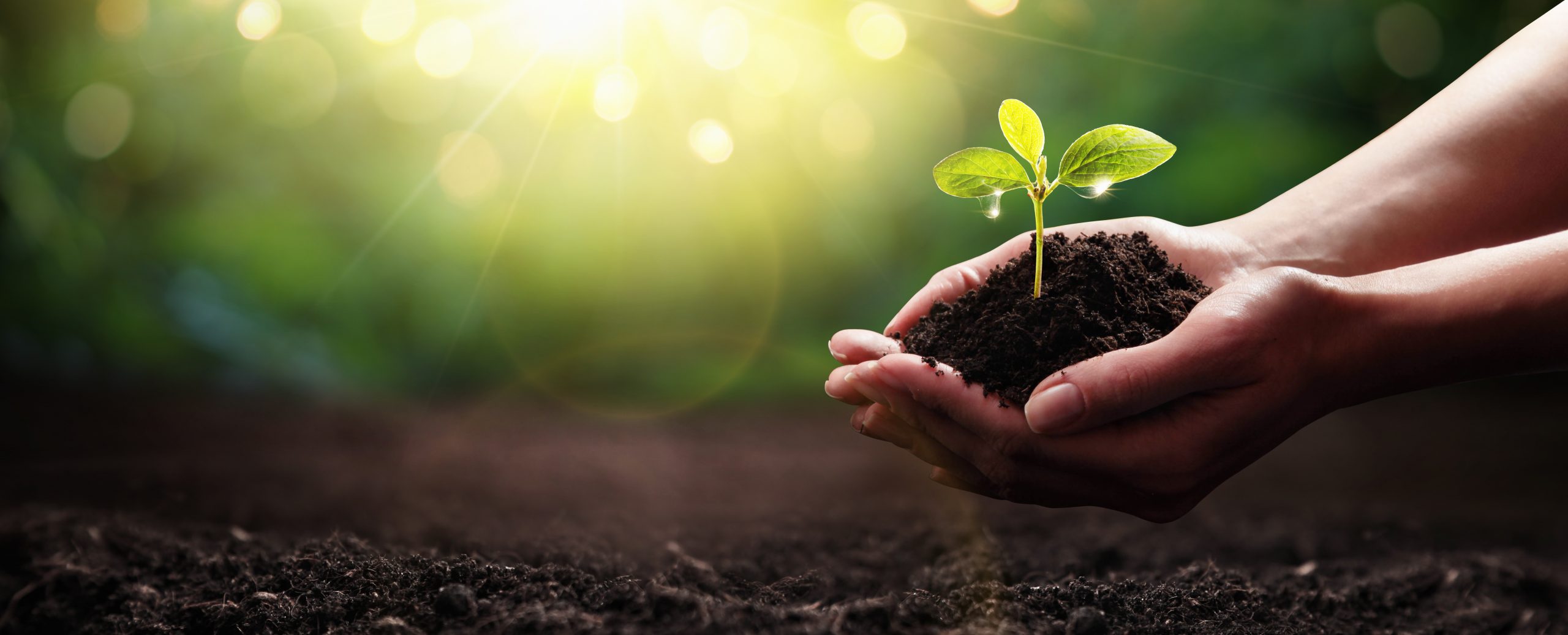
Our Impact on Our Envrironment
We understand it may be challenging to feel any sort of positivity given our current circumstances. A lot of us haven’t seen our friends or families in weeks, plans have been put on hold indefinitely and a concerning number of Australians are unemployed… but there is a silver lining. This pandemic has forced the world to come to a standstill and because of that, our natural systems have had a chance to recover but will need a bit of extra help from us to maintain these results.
With the uncertainty surrounding COVID-19, it is difficult to imagine what life will be like post-COVID-19 so let’s focus on the now. What kind of habits are you forming? Are they good? Are they bad? More importantly, are they sustainable? If you’ve found yourself with some extra time on your hands, now is the perfect opportunity to kickstart some sustainable habits you can continue after the fallout has ended so all of these sacrifices we have made aren’t for nothing.
There is an overwhelming amount of information available so we’ve taken it upon ourselves to collate a basic list of frequently used terms in hopes to simplify things for you. We not only want to equip you with the necessary information to make educated decisions, but also inspire you to get proactive about looking after our environment.
Let’s begin.
Ethical
The Oxford dictionary’s definition: ‘morally correct or acceptable’.
It is important to know the origins of your product – have the materials been ethically sourced? Has the product been ethically made or manufactured? These are questions worth asking when researching your product(s) as sometimes sustainable materials are not always harvested or sourced in an ethical fashion or vice versa, materials that have been harvested or sourced ethically may have been made or manufactured under unethical circumstances.
Sustainable
The Oxford dictionary’s definition: ‘involving the use of natural products and energy in a way that does not harm the environment’.
Sustainable practices and sustainably made products meet our present needs without compromising our future as well as future generations. Sustainable materials are natural items such as bamboo, wool, linen, straw, clay, stone, beeswax, coconut, etc. so try swapping out synthetic materials for natural materials next time you’re making a purchase. Sustainable practices are big or small choices you make in your everyday life, something as simple as choosing an item with less packaging can be considered as a sustainable practice!
Reusable
The Oxford dictionary’s definition: ‘that can be used again’.
Reusable items are great for the planet AND for your wallet. A lot of daily household items are made from plastic and require frequent replacing which all ends up in landfill, whereas sustainable alternatives are typically made from long-lasting and durable materials which do not need to be replaced as frequently. In short, reusable items equal less waste in landfill and more money in your pockets.
Recyclable
The Oxford dictionary’s definition: ‘to treat things that have already been used so that they can be used again’.
Almost everything can be used again; food scraps can be turned into compost, clothes and furniture can be donated, cans and bottles can be turned into money – the list goes on! So, when an item reaches the end of its life, take a moment to determine if it can be recycled as this could help preserve our natural materials as well as reduce the amount of waste going to landfill. If you’re ever unsure or need some extra help, call your local council or jump on their website to learn more about recycling and waste management.
Now the next item we wanted to discuss is Carbon Footprint but in order to have a sound understanding, you’ll need to get familiar with Greenhouse Gases and the Greenhouse Effect first.
Greenhouse Gases
The Oxford dictionary’s definition: ‘any of the gases that are thought to cause the greenhouse effect, especially carbon dioxide’.
Greenhouse Effect
The Oxford dictionary’s definition: ‘the problem of the slow steady rise in temperature of the earth’s atmosphere, caused by an increase of gases such as carbon dioxide in the air surrounding the earth, which trap the heat of the sun’.
Carbon Footprint
The Oxford dictionary’s definition: ‘a measure of the amount of carbon dioxide that is produced by the daily activities of a person or company’.
The enormous drop of emissions is the main driving factor behind our planet bouncing back. Did you know the average Australian emits about 21 tonnes of carbon dioxide in a year? That’s nearly 58 kilograms a day and that is just Australia alone! There are load of sustainable practices you can incorporate into your everyday life to help offset this production; things such as installing a solar system (we might know a guy), choosing to walk or ride a bike instead of driving, line-drying your clothes – we could go on and on! As you can see, wonderful things can happen when we choose to live sustainably which is why it is important that we do what we can to reduce our footprint.
Now that some of the basics have been covered, all you have to do is pick an area you’d like to focus on (i.e. food, clothes, energy, transport), do your research and implement a small change then repeat – simple!
If you are ever feeling as though your efforts are meaningless, just remember that a lot of small changes will make a big difference.


No comment yet, add your voice below!